Graham Reid | | 3 min read
Stranger Than Fiction

In 2000, when Rip It Up magazine (now in the responsible hands of Simon Grigg of audioculture.co.nz) collated votes to determine the top 100 New Zealand albums in the most recent-whenever, it was inevitable Split Enz' dramatic 1975 debut Mental Notes would come out at the top.
Such lists are often compiled with little sense of history beyond last year's last-thought . . . but Rip It Up's chosen voters were admirably inclusive of all decades.
Even rock listeners with the instant amnesia necessary to survive the blitz of disposable pop acts and albums today would concede the Enz's breathtakingly courageous album-cum-announcement was, and remains, outstanding.
From Phil Judd's gatefold cover art -- once on display in Te Papa where it should be permanently -- this was an impressively confident debut.
And genre-defying and brilliant though it was, it could be ridiculously demanding for people today.
From day-one Split Enz stamped a mark, a turning point in New Zeland music which many might still be coming to terms with even now, some three decades-plus further on.
The Split Enz story has been well canvassed -- from the art school acoustic outfit Split Ends to crazy shows with spectacular lighting by Raewyn Turner and the band dressed in Noel Crombie's bizarre stage outfits (now in a Melbourne costume museum).
Their innovative music is much harder to discuss because it bears so few reference points to much else then or now. Put it back in context and the album's achievement and conceit seem even more impressive.
Mental Notes came out in the year when Helen Reddy, Sweet and the Osmonds were big sellers. Jethro Tull's Bungle in the Jungle was on the charts at the beginning of the year, Billy Joel and Leo Sayer were just getting their careers away, and people bought singles by Linda Ronstadt. Frampton came alive.
Punk and disco were still at least 18 months away from breaking through big time and the art-rock movement helmed by the likes of Genesis and Yes was at a peak. Its pretensions would soon wither in the face of punk derision and people's desire to dance.
It was the year Olivia Newton-John asked Have You Never Been Mellow, Patti La Belle asked "voulez-vous coucher avec moi, ce soir?" and John Denver thanked God he was a country boy.
At home, Annie Whittle was New Zealand's top female vocalist at the annual music awards and John Hanlon's folksy Higher Trails picked up album of the year. The top group was Rockinghorse and best new artist was glam-rockers Space Waltz.
Into that, and out of art school with their funny intellectual ideas, stepped a seven-piece band which included a guy who played a solo on spoons.
We had seen and heard nothing like them.
Listening to Mental Notes today is still a disconcerting experience. Tim Finn sings like a man possessed by the dyspeptic spirit of Mervyn Peake and the music is all odd angles and strange conjunctions of sounds. There is acoustic guitar, martial drumming and jazz piano on So Long For Now, an amalgam of sounds which can be soothing or abrupt by turns.
Even in an age of guitar pop or electronica, Eddie Rayner's keyboards sound startling and inventive, Emlyn Crowther's drum sound is extraordinary.
It's the very eeriness of the music -- perhaps because of the strange time signatures and changes in the Judd-Finn compositions -- which makes you keep returning to it. They may have looked like madcap chaps but behind the pancake make-up and clownish appearance you suspect there could be a Wayne Gacy lurking.
Finn sings with almost childlike innocence on Stranger than Fiction -- then he abruptly becomes malevolent Chuckie.
And yet there is also a beauty and clarity about the music.
Time for a Change is just plain lovely, its drama made more powerful by its sparseness. Maybe is as close to a pop song as they wrote for the album and in it you can hear a direction they would later explore.
In places, Mental Notes seems lengthy and indulgent. That was what the prevailing art-rock ethic allowed.
But unlike later Genesis, the increasingly self-important Jethro Tull helmed by ultra-arrogant bore Ian Anderson, and other such bands to which they were initially compared, the Enz extended the contract into strange corners.
Where Genesis went for the grand sweep (their exceptional double album The Lamb Lies Down on Broadway was released the previous year) the Enz created substance in small things and through the most seemingly insignificant phrases.
"I think I'll get on back home to my mother," may look inconsequential in print, but the way it is sung brings to mind Norman Bates and his mum. Eerie stuff.
Of course decades on from its release there are places where it palls and sounds trapped in its period, notably the spoken passage at the end of Stranger than Fiction, "even the hippie man with his Tarot cards to play ... "
But overall does Mental Notes stack up today? Oddly enough -- and it's certainly odd enough -- most of it does because now, as then, it bears little resemblance to much else going on around it.
It isn't dance music (St Vitus perhaps) or pop, it isn't art-rock or even just plain rock.
It's the Split Enz debut album, that's what it is.
These Essential Elsewhere pages deliberately point to albums which you might not have thought of, or have even heard . . .
But they might just open a door into a new kind of music, or an artist you didn't know of. Or someone you may have thought was just plain boring.
But here is the way into a new/interesting/different music . . .
Jump in.
The deep end won't be out of your depth . . .
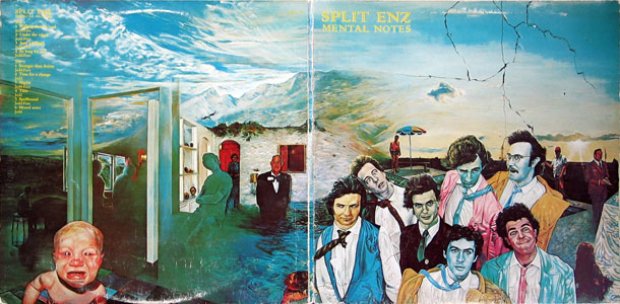

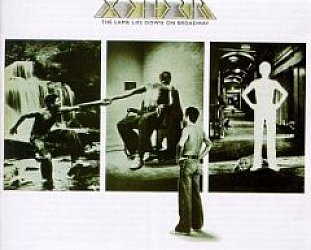
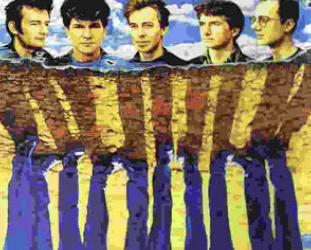
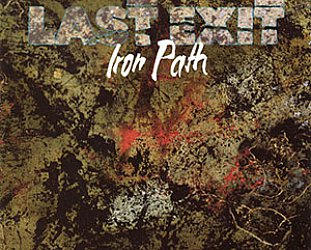
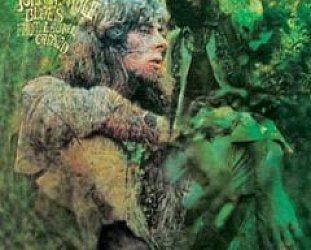
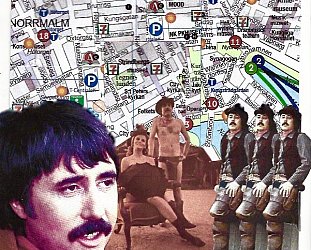
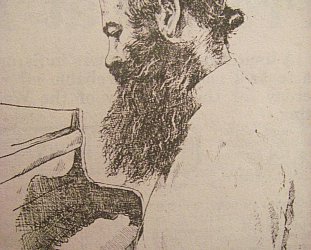
Fraser Gardyne - Jun 8, 2016
I remember going to their first concert in the Wellington Opera House in 1975. It was extraordinary. The first half (they had an intermission) was all in black and white. Black and white costumes and make up, and Phil Judd was a dark presence on stage often walking forward and leaning forward glaring at the crowd. The second half was all flowers and colour. Tim Finn was of course quite manic in his movements and performance. It was the start of many great concerts from an excellent live band. We had to wait about three months for the LP to be released. It felt like a very long wait at the time. :-)
Savepost a comment